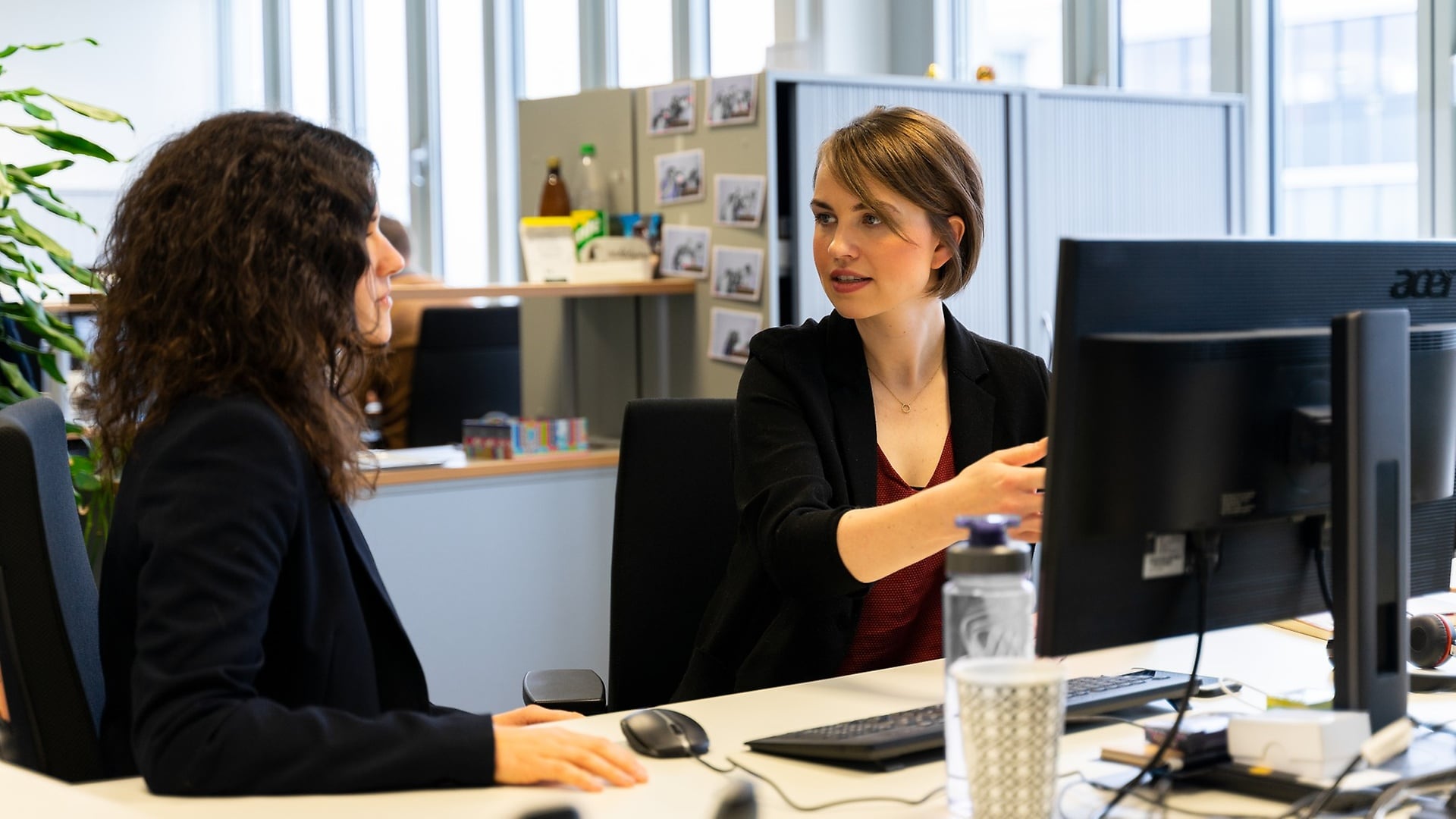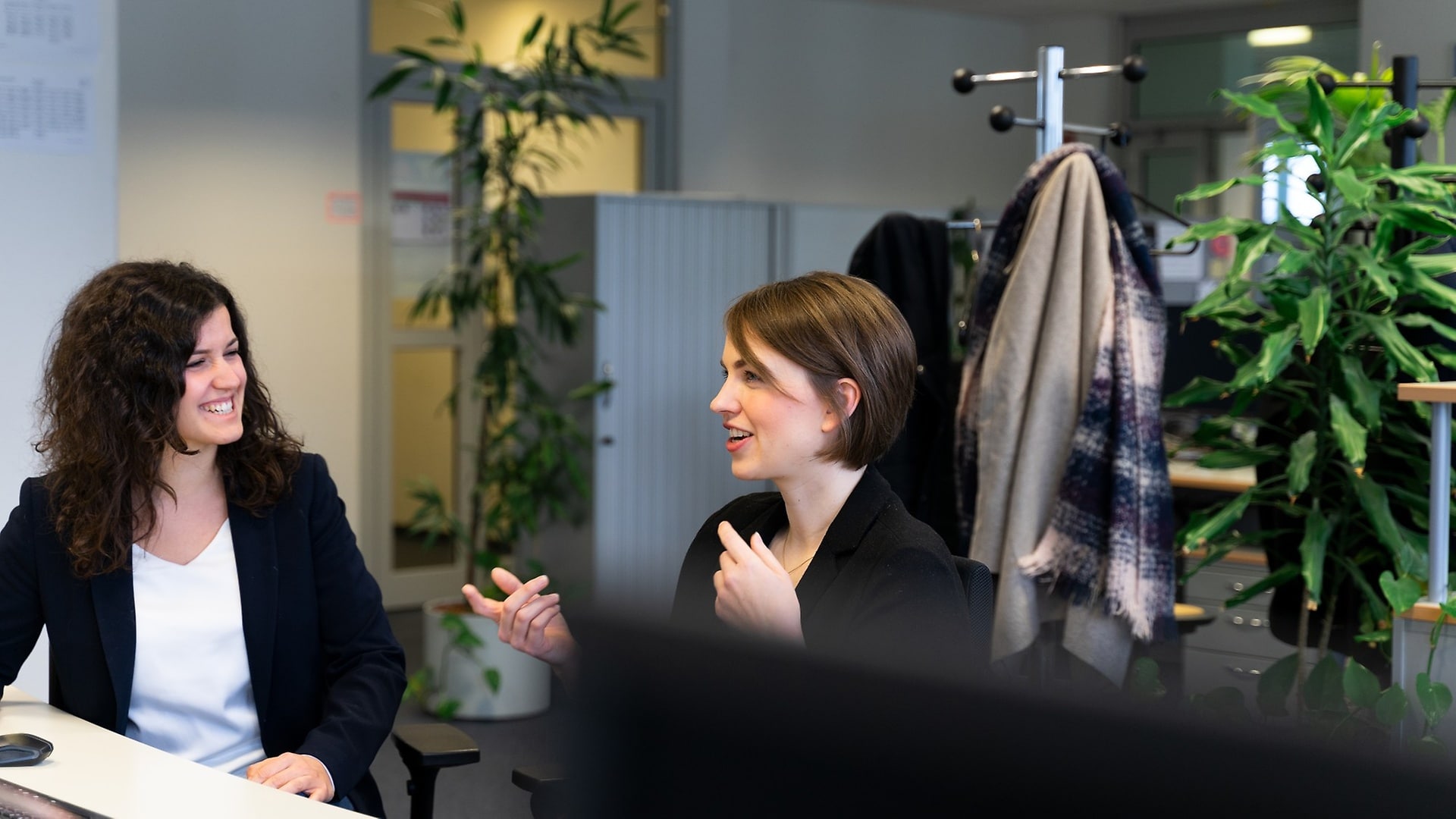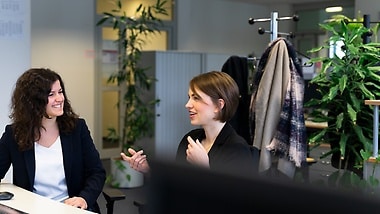Ms. Rösner, the issue of sustainability is of particular importance in your life. Why is that?
Actually, it’s always been that way; for me, it has to do with respect. Future generations should have it just as good as we do today. I would like to contribute to this, even it's by doing small day-to-day things like using public transport more often or looking for organic and local food when shopping. In my job at Mercedes-Benz, it is then on an even larger scale: As part of the ‘Compliance, Sustainability & Integrity’ team, I deal with the transparency during the procurement of the raw materials used in our vehicles – and therefore with ways in which we can attain shared values with our suppliers relative to human rights and environmental protection issues across all stages of the supply chain.
This is not that simple, or is it?
Supply chains can be very complex. One example: Cobalt is used in many areas of car manufacturing. This means that the material passes through many stages; for example, from the cobalt mine, through to the extraction of the raw material and the production of electronic components, until it is finally built into our vehicles, for example, in the form of lithium-ion batteries. Many companies are involved at each stage of production. This is what makes the issue so complex. In total, we at the Mercedes-Benz Group have over 60,000 direct suppliers – and that doesn’t even include the sub-suppliers
,xPosition=0,yPosition=0.5)




,xPosition=0.5,yPosition=0)